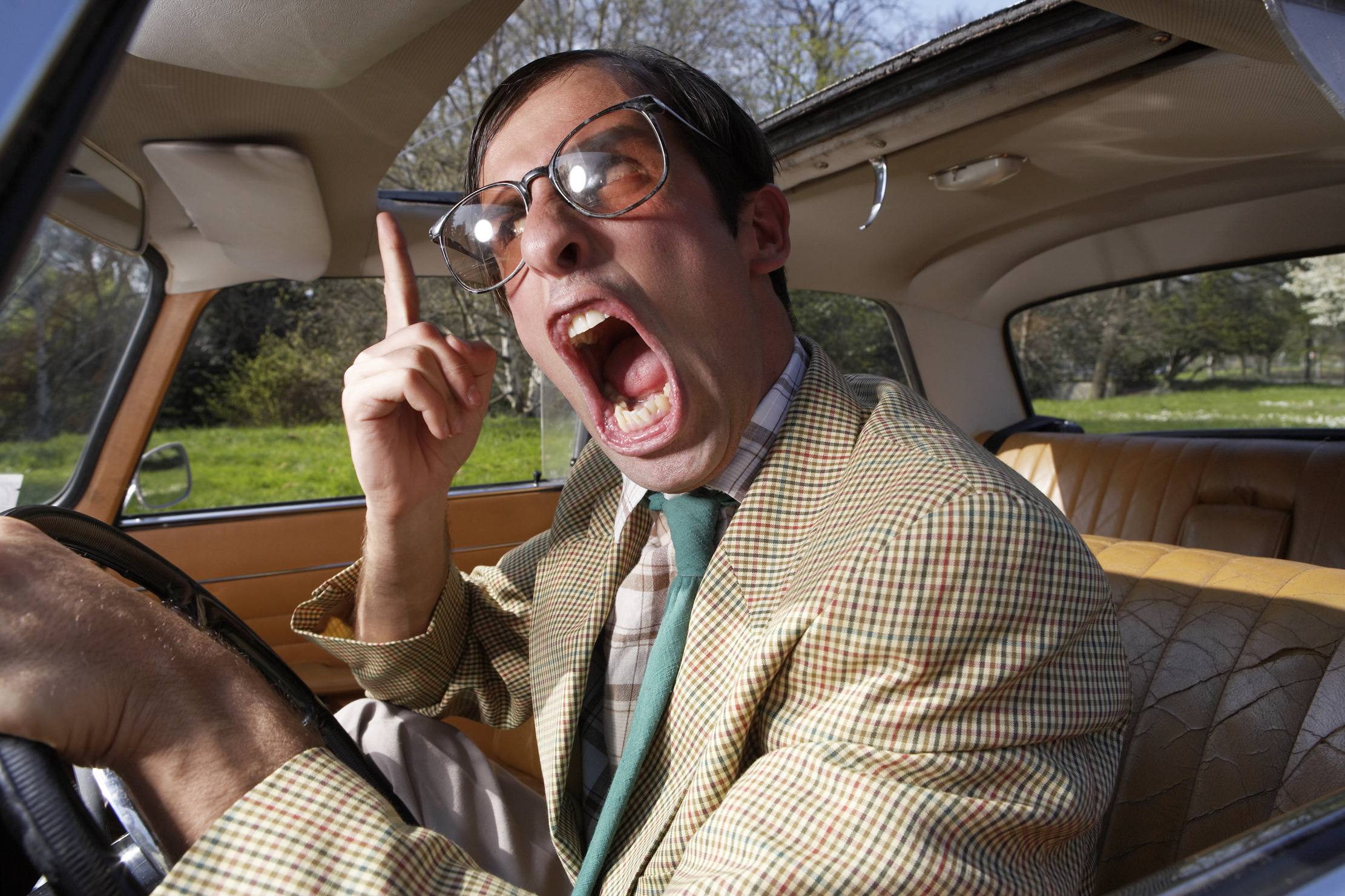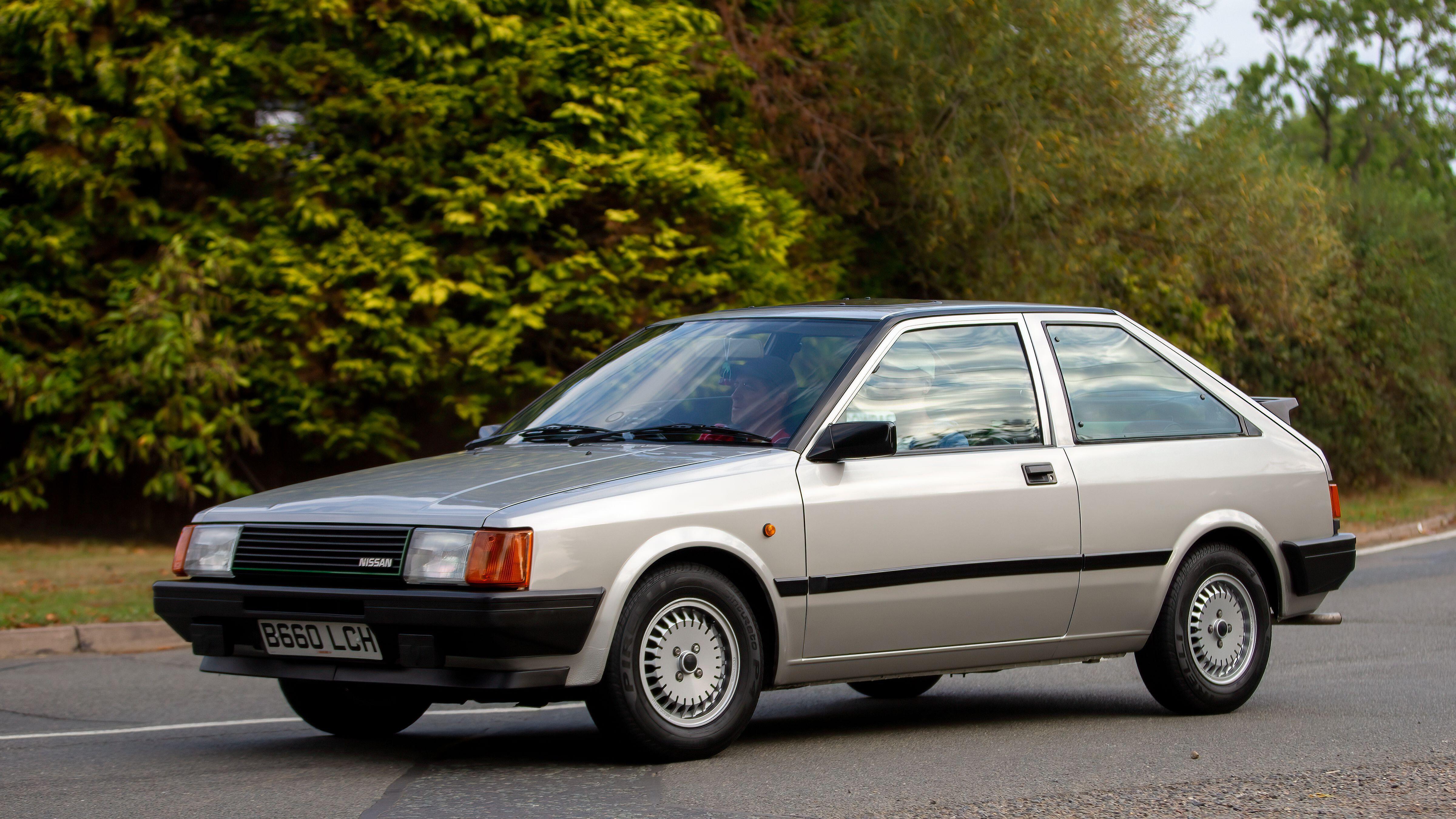Sensory overload: If the modern car is all about safety, then why don't I feel safe?
Regulation and a race to innovate means our cars are full of technology that we don't want, we didn't ask for, and in some cases can cause an accident. But most of all, it makes driving absolutely awful.


I’m still not entirely sure why I thought it would be funny to blow in my dad’s ear while he was driving down the motorway in France. I suppose I was just bored. We were driving from Italy back to London, and I’d been in the car for a decent 10 hours by this point. So I did it. Boo. Surprise.
It wasn’t received well. Driving along the motorway is a monotonous task that requires you to both pay attention and also inevitably invites you to get lost in your own thoughts as you eat up mile after mile. I think about what I might have for dinner that evening. The decline and fall of the Roman Empire. Would I still love my girlfriend if she was a worm. What on earth is that idiot in the Audi doing in the middle lane. A sudden start or fright, much like the one I applied to my father’s ear, can be extremely surprising.
So naturally when I blew in my dad's ear we almost had a very bad accident.
I mention it because these days, in new cars, there is nothing more pernicious and irritating than the little fright that these vehicles seem determined to give you while driving. Allow me to explain.
Cars are dangerous and many people drive them badly. There is more than 100 years of evidence to prove this. Driving and operating a car requires concentration, skill and, ideally, patience. You rely on your senses to use a machine that can get you from one destination to another quickly, but if used incorrectly, can kill others and yourself. Efforts have been made to make this process safer and most have been quite successful. Think of ABS, think of traction control, the headlight, the airbag and the seatbelt. We have made immense progress in making driving safer, but we have reached a tipping point.
The drive to innovate and produce more safety features has extended into outright interference with driving. Cars have started braking for us. They beep at us — they beep if we briefly go over the speed limit. They beep if you touch a white line. They beep if something gets too close. They beep for reasons we do not know. Beep beep beep.

In a recent road-test of a car, I was proceeding along the A3 near Oval tube station. A car decided to pull out in front of me and join the traffic. There was plenty of space for the driver to merge, but the car I was driving decided that what I needed to do was slam on the brakes, much to the surprise of myself and the car behind me, which came inches away from driving into my boot. An incident where an accident almost happened, because a computer tried to avoid a potential accident that was never there.
Exquisite houses, the beauty of Nature, and how to get the most from your life, straight to your inbox.
More recently, I was in the countryside. I was driving along a fairly narrow road in the countryside, well within the speed limit, less I met a tractor coming the other way. All of the sudden, the car intervened with a shriek: ‘Brake now, Brake now, Brake now’. There was nothing in front or behind me, or coming the other way. What there was, and what I narrowly avoided crashing into, was a stone wall that I suddenly swerved towards because of the sudden terror and fright. Was it a system malfunction? Was it something else that I wasn’t aware of? I don’t know because the car wouldn’t tell me. And it never did it again. All I know was that I almost had a bad accident that would have been caused by something trying to keep me safe.
A lane assist system that gets confused and tries to pull me out of a temporary lane while going through roadworks. Endless beeping. Hair-trigger motion sensors that get set off by a passing leaf. Ping. The sad part is that so many of these features are mandated by law.
The EU has a target of zero road deaths by 2050, which is admirable. To achieve that, however, I think it’s important to stop and assess where we are. What is causing accidents? Is current technology helping or hindering us? Are cars being built for what we need them to do and in a responsible way? Are companies simply innovating for the sake of innovating?
Take the touch-screen. Pretty much standard on all vehicles now and certainly useful when you need to use a digital map to figure out where you are going. But, when everything, including opening the glovebox, is controlled on a screen that you have to look away from the road to interact with, I have to wonder if that’s safe? Why are they the size of large tablets, almost demanding our attention? In my mother’s old VW Fox, I knew where the air conditioning was, and the windshield de-mister, because I could feel the buttons. You can’t feel a touchscreen.
Too much of our attention is being focused away from what really matters, which is the road and other people on it. The safest drivers are those who watch, analyse and react to what’s happening around them, not those reliant on safety sensors that often distract and confuse. What is perhaps even more frightening is that I am 32 years old. I like to think I understand technology. If I am getting startled and confused, then I can’t imagine what older users must be going through. It's a bad idea to give a pensioner a fright at the best of times, least of all when they are behind a wheel.
But most of all, it just makes driving horrible. My anxiety levels are often through the roof when driving modern cars, fearful of some feature that I am unaware of and unable to control, that will either seize the wheel, or brake, or just start going ‘Bong’ at me very loudly. It’s like driving around with a bunch of balloons in the passenger seat, waiting for one to burst. Or some horrible little 13-year-old in the back seat, waiting to blow in your ear. And, as I learned then and know now, that can be quite dangerous.

'I loved it like a best friend, and shed a tear when it was finally consigned to the great junkyard in the sky': Country Life's team on our first cars
The L-plates are off and it’s time to hit the road. Everyone remembers their first car, so James Fisher asked

James Fisher is the Digital Commissioning Editor of Country Life. He writes about motoring, travel and things that upset him. He lives in London. He wants to publish good stories, so you should email him.